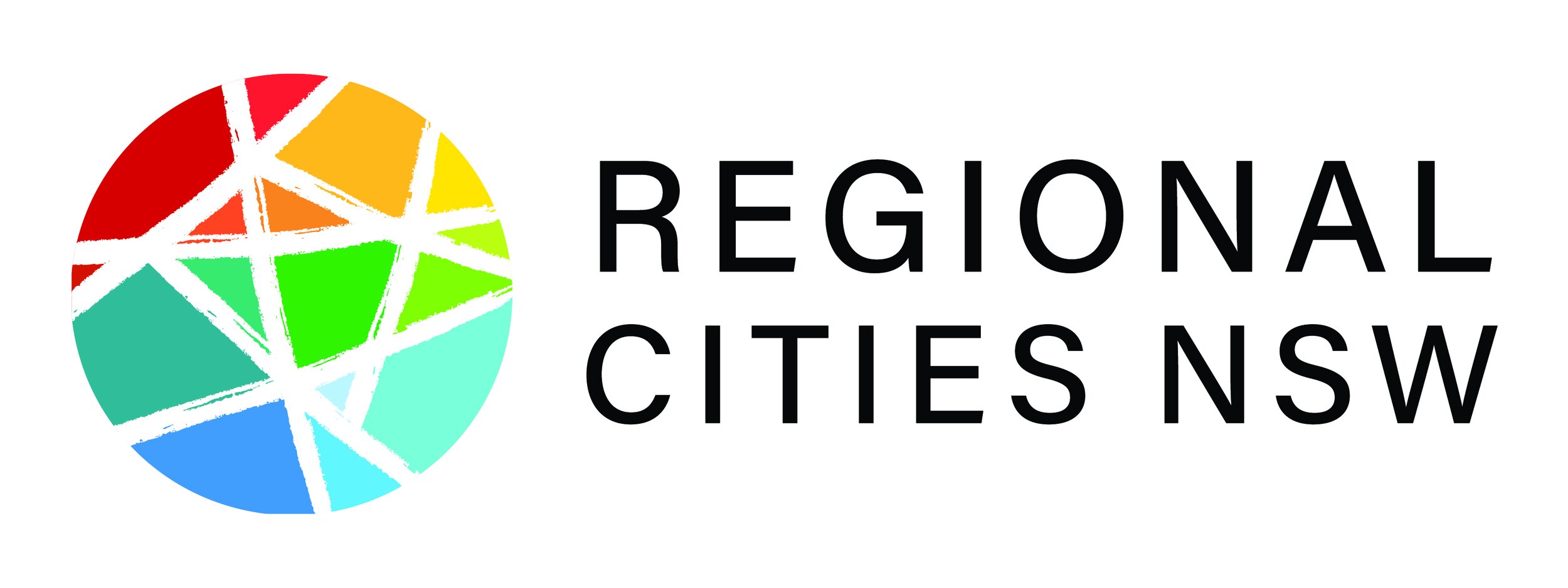REGIONAL CITIES NSW WELCOMES FEDERAL BUDGET
Regional Cities New South Wales (RCNSW) has welcomed the release of the Albanese Government's Federal Budget, including new funding to benefit regional New South Wales (NSW).
RCNSW Chair Cr Mathew Dickerson particularly welcomed the following initiatives for regional NSW, the Growing Regions Program and the Precincts and Partnerships Program, in addition to funding for regional telecommunications, roads and housing.
Key initiatives announced that relate to RCNSW include:
Regional Programs
New Regional Investment Framework to establish a regional development forum for Australian Government agencies to better inform government decisions across 4 key areas: investing in services, people, places and industry; and
$600 million for the Growing Regions Program (Round 1) (announced in the 2022-23 Budget - funding available in July 2023).
Energy
$1.4 billion as part of the Powering the Regions Fund including:
$400 million over 4 years from 2023-24 to establish the Industrial Transformation Stream for reduction of emissions at industrial facilities or clean energy development in regional Australia;
$89 million to support the energy transition investments in regional Australia; and
$12 million over 3 years from 2023-24 for a review of environmental management and consultation requirements for offshore energy developments.
Roads
$250 million for the Local Roads and Community Infrastructure Fund (totalling $500 million for Phase 4 announced on 3 May 2023 - funding available from July 2023);
$85 million per annum for the Bridges Renewal Program;
$500 million for the Roads to Recovery Program;
$110 million per year to maintain the Black Spot Program to improve road safety; and
$976.7 million to continue delivery of the Road Safety Program across 2023-24 and 2024-25.
Skills and Employment
$26.3 million over 5 years from 2022-23 to boost employment services and trial a new regional employment service.
Arts
$11.8 million over 4 years from 2023-24 to pilot long-term loans of National Gallery of Australia works to regional and suburban cultural institutions (announced as part of the Revive strategy); and
$8.5 million over 4 years from 2023–24 (and $2.2 million per year ongoing) to increase funding for the Regional Arts Fund (announced as part of the Revive strategy).
Regional Health (specific to the regions)
$358 million over 5 years to deliver Medicare Urgent Care Clinics, including an additional 8 clinics for regional communities and outer suburbs to access a GP; and
$79.5 million over 4 years to double the Regional Pharmacy Maintenance Allowance to assist community pharmacies in regional Australia.
Regional Housing
Expanding the Regional First Home Buyer Guarantee to any two eligible borrowers such as friends and siblings and making it available to non-first home buyers if they haven’t owned a property in Australia in the last 10 years.
Migration (not specific to the regions)
Allocating around 70 per cent of places in the 2023-24 permanent Migration Program to skilled migrants;
Providing an extra 2 years of post-study work rights to Temporary Graduate visa holders with select degrees to improve the pipeline of skilled labour in key sectors; and
Providing additional training places for Pacific Australia Labour Mobility scheme workers in priority sectors.
Natural Disasters
$200 million per year to support disaster risk reduction projects in regional Australia, under the Disaster Ready Fund;
$236 million over 10 years to improve flood forecasting and warnings; and
Creating a new National Messaging Service to provide real-time information to mobile phones during an emergency.
Education
$146 million over 4 years to increase Commonwealth Grant Scheme funding for regional university campuses by 3.5 per cent a year;
$48.8 million over 4 years to establish new partnerships between regional universities and other higher education providers and industry for research; and
$17.1 million over 4 years to provide demand-driven Commonwealth Supported Places to eligible higher education providers for First Nations students from a regional area.

